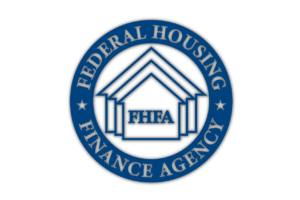Over the weekend, President Trump issued three COVID-19 related executive orders (EO) on “Deferring Payroll Tax Obligations,” “Providing Assistance to Renters and Homeowners” and “Other Needs Assistance Program.” The presidential action comes as Congressional and White House negotiations have stalled.
The Other Needs Assistance Program EO uses funds from Department of Homeland Security’s (DHS) Disaster Relief Fund to pay for $300 per week of federal unemployment compensation. The money would only be available to states that provide $100 per week from their CARES Act funding, most of which has already been assigned at the state-level. This $100 per week of state funds would be in addition to the existing state unemployment compensation. The DHS Disaster Relief Fund has approximately $70 billion in it. The money is reserved for financial or direct assistance to individuals in the wake of natural disasters; the National Oceanic and Atmospheric Administration expects the 2020 Atlantic hurricane season to be “extremely active.” The $300 per week would end when the balance of the Disaster Relief Fund reaches $25 billion or on December 6, 2020, whichever occurs first.
The Providing Assistance to Renters and Homeowners EO directs the Department of Health and Human Services to “consider whether any measures temporarily halting residential evictions of any tenants for failure to pay rent are reasonably necessary to prevent the further spread of COVID-19.” It also directs the HUD and Treasury Secretaries to “identify any and all available federal funds to provide temporary financial assistance to renters and homeowners,” implying that the White House has not yet identified a source of funding that can be used for this purpose.
Finally, the Deferring Payroll Tax Obligations EO allows businesses to defer federal payroll tax obligations interest free from September 1 through December 31 for employees making less than $104,000 pre-tax. The EO directs the Treasury Secretary to “explore avenues, including legislation, to eliminate the obligation to pay the taxes deferred.”
The executive orders are expected to be challenged in court on questions of constitutionality and separation of powers. Several groups, including the National Low Income Housing Coalition and the Center for Budget and Policy Priorities, have criticized the Providing Assistance to Renters and Homeowners EO. A new study estimates there could be 30 to 40 million renters at risk of eviction in the coming months.


